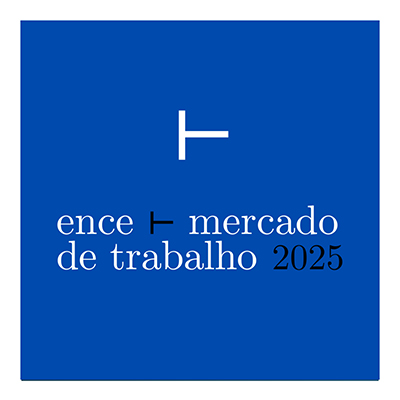Seminário: "Statistical Inference Under Nonignorable Sampling and Nonresponse – An Empirical Likelihood Approach"
A ENCE tem o prazer de convidar para o Seminário no dia 01 de Setembro:
Statistical Inference Under Nonignorable Sampling and Nonresponse – An Empirical Likelihood Approach
Palestrante: Danny Pfeffermann
Universidade de Southampton e Hebraica de Jerusalém
Dia: 01/09/2023 – sexta-feira
Horário: 10:30 horas.
Local: Rua André Cavalcanti, 106, sala 306 (Auditório) – ENCE
Transmissão ao vivo: https://ibge.webex.com/ibge/j.php?MTID=m18a729d822d02605ca8e93d5e7c1fb5e
Senha de acesso: mYpTgcZP756
Resumo
When the sample selection probabilities and/or the response probabilities are related to a model outcome variable even after conditioning on the model covariates, the model holding for the observed data is different from the model holding in the population, resulting in biased inference if not accounted for properly. Accounting for sample selection bias is relatively simple because the selection probabilities are usually known. Accounting for nonignorable non-response is much harder since the response probabilities are generally unknown. In this article, we develop a new approach for modelling complex survey data, which accounts simultaneously for non-ignorable sampling and non-response. Our approach combines the nonparametric empirical likelihood with a parametric model for the response probabilities, which contains the outcome variable as one of the covariates. We illustrate the robustness of the approach and propose ways of testing the underlying model. Combining the model holding for the responding units with the model for the response probabilities, enables extracting the model holding for the missing data and imputing them. We propose ways of testing the underlying model holding for the respondents’ data. Simulation results illustrate the good performance of the approach in terms of parameter estimation and imputation. We conclude with an application to the family expenditure survey in Israel.
Informações:
Tel.: 2142-4696 ou 2142-4691 e-mail: O endereço de e-mail address está sendo protegido de spambots. Você precisa ativar o JavaScript enabled para vê-lo.
A participação é aberta a todos os docentes, alunos, funcionários do IBGE e ao público em geral.
Coordenações da Graduação e da Pós-Graduação



















